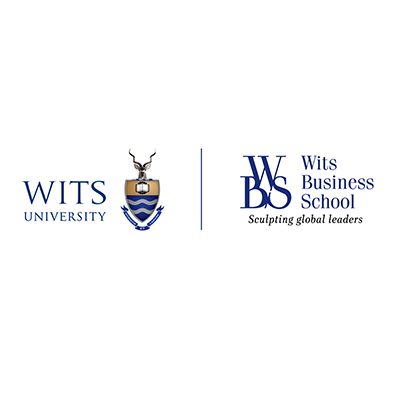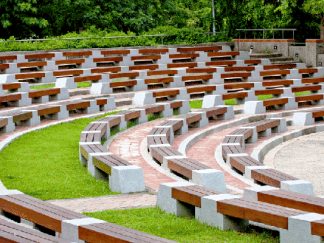Description
Desmond Makondo: Abstract
Part A: In August 2002, Desmond Makondo walked out of the Johannesburg offices of digital products manufacturer, Hewlett Packard (HP), with a digital camera, two printers and an undertaking that he would pay the company R8 000 for the equipment within two months. He had no idea how he was going to do this, but he knew there was no going back; he had no choice. He had to find a way to make this equipment make money. But how?
Part B: It was December 2004, and Desmond Makondo had turned his photographic business, Digitally on the Move CC, into a profitable concern in the three years since he had walked away from Hewlett-Packard’s (HP) offices with a camera, two printers and no idea what to do with them. He had acquired a number of regular corporate clients and was photographing various events including golf days, corporate functions, conferences, graduations and more. Now he had the opportunity to bring a partner on board to help him develop and grow the business, but he wasn’t sure if this was the best plan of action at this stage.
Part C: By June 2009, Desmond Makondo was again at a crossroads with regard to his business. At the end of 2007, the two-year partnership with Edward Jardim had ended amicably when the two realised that the business couldn’t sustain a part-time partner who wasn’t able to work the necessary hours. Since then, Makondo had continued to run the business single-handed, being responsible for photography with the help of his six freelancers as well as administration, bringing in new clients and strategic planning. However, the immense growth of the business meant that doing all of this had become very stressful. Makondo knew that the situation could not continue. He would have to put structures in place to ensure the smooth running of his company, and to ensure that he did not burn out from exhaustion.
Multi-part case
- Part One: An Innovative Idea
- Part Two: Partnership the Way Forward?
- Part Three: At a Crossroads Again
Teaching objectives
This three part case is designed for use in a practical course on entrepreneurship and is intended to enable learning about opportunity identification and early-stage business growth.






